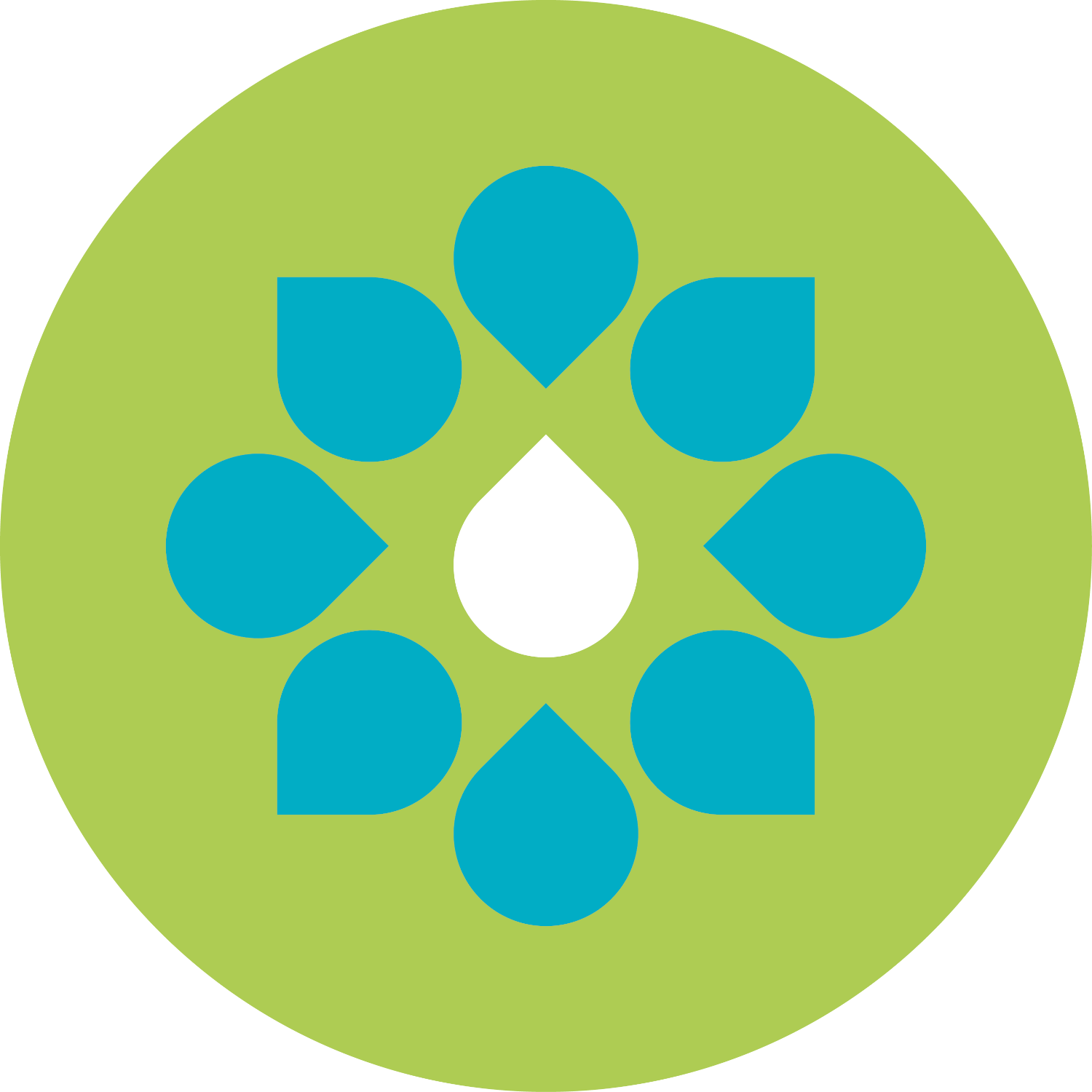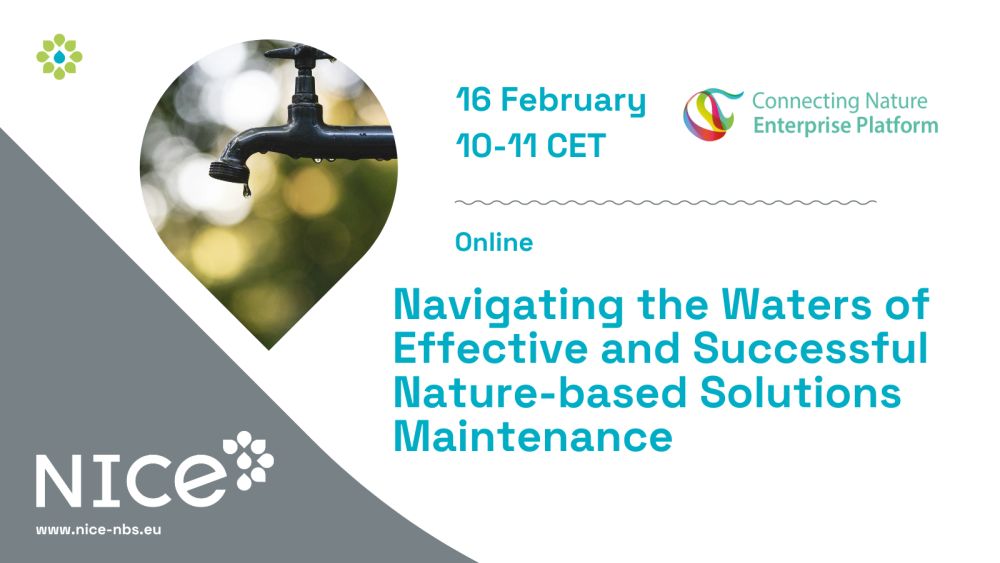Navigating the Waters of Effective and Successful Nature-based Solutions Maintenance
16 February 2024, 10:00 - 11:00
- online
Maintenance is a key factor to unlock the full potential of nature-based solutions for water management. Based on real lived experiences, in this webinar we will dive into 3 key elements: Technical Maintenance, Monitoring and Capacity Building.
Moderator:
Fabio Masi; IRIDRA
Speakers and topics:
Katharina Tondera: “Engineering on NBS : Technical standards” The first intervention will focus on the technical maintenance of constructed wetlands´ infrastructure, ensuring the longevity and functionality of these nature-based solutions. This includes the presentation of harmonised technical standards and guidelines for their maintenance.
Marco Hartl: “Real life case studies: Austria and Spain” The second intervention will focus on monitoring and its pivotal role in assessing the performance of the nature-based solutions. It will present two vertical green walls case studies from Austria and Spain. Capacity building is also an important element in these case studies. Empowering communities, practitioners, and stakeholders with the knowledge and skills needed to actively participate in the ongoing maintenance and optimization of these solutions is key.
Vit Rous: “The financial side of NBS design and maintenance” Our last speaker's presentation will focus on the financial aspects associated with the technical design and maintenance of constructed wetlands. The session will highlight prevalent challenges encountered by these nature-based solutions (NBS) by drawing on real-life experiences from the Czech Republic.
Join our webinar to discuss these crucial elements, offering practical insights and strategies for the effective maintenance of water nature-based solutions, fostering sustainability and resilience in our ecosystems and cities. Register here.
All events

This project has received funding from the European Union's Horizon 2020 research and innovation programme under grant agreement No.101003765.

